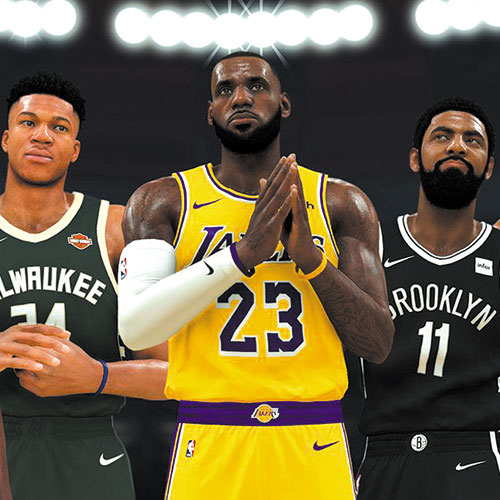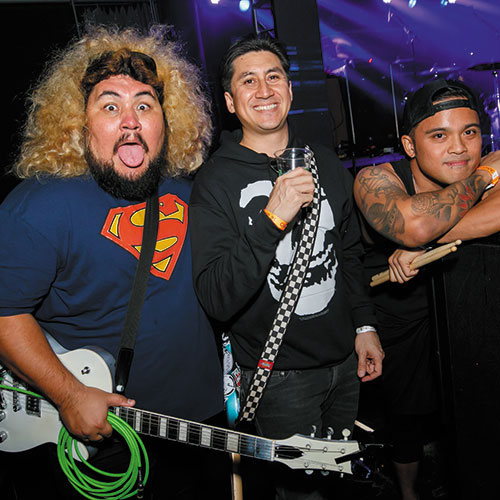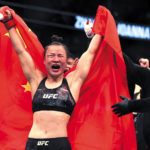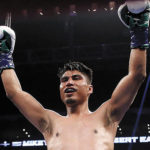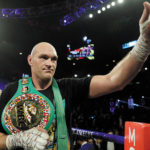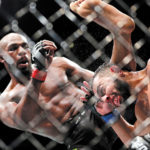Belfort gives up title shot after Nevada bans TRT
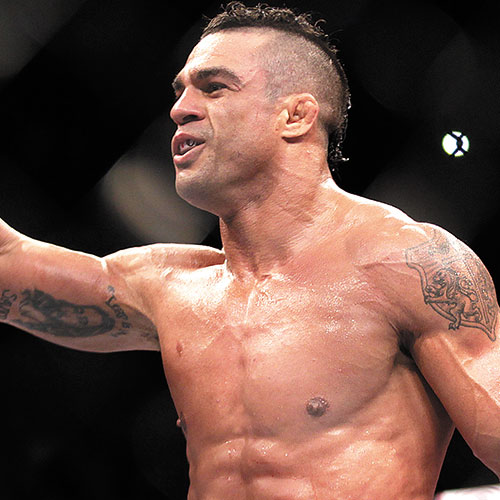
By GREG BEACHAM | AP Sports Writer
Vitor Belfort dropped out of his upcoming UFC middleweight title shot shortly after the Nevada Athletic Commission banned testosterone replacement therapy.
Belfort was scheduled to fight 185-pound champion Chris Weidman at UFC 173 on May 24. UFC president Dana White has since given his title shot to Lyoto Machida.
UFC 173 is the next major card in Las Vegas, the UFC’s hometown. The influential Nevada commission recently voted unanimously to stop granting therapeutic use exemptions for TRT, closing a widely criticized loophole that allowed mixed martial arts fighters to compete on steroids.
“As other jurisdictions may follow suit, I am going to drop my TRT program and compete in MMA without it,” Belfort said in a statement provided to Fox, UFC’s broadcast partner. “Given the time constraints involved between now and my proposed next bout in May, I have determined not to apply for a license to fight in Nevada at this time.”
The 36-year-old Belfort has been open about his use of synthetic testosterone in recent years. His sanctioned steroid use has coincided with a career resurgence for the former UFC light heavyweight champion, who won three consecutive bouts by early round knockout in 2013 while fighting in his native Brazil.
Belfort claimed he needed TRT because of low testosterone, an argument which generated wide criticism because he failed a drug test for elevated testosterone in 2006 following a bout in Las Vegas for the Pride promotion against Dan Henderson, another acknowledged TRT user. Use of performance-enhancing drugs can lower the user’s natural testosterone levels.
Belfort hadn’t fought in Nevada since February 2011, before his announced TRT use began. He had intended to apply for an exemption to use synthetic testosterone before UFC 173.
White and the UFC have been increasingly critical of TRT use in recent months, with White telling The Associated Press in January he supported the elimination of therapeutic use exemptions for testosterone. White has hailed the Nevada commission’s ruling.
“We believe our athletes should compete based on their natural abilities and on an even playing field,” White said. “We also intend to honor this ruling in international markets where, due to a lack of governing bodies, the UFC oversees regulatory efforts for our live events. We encourage all athletic commissions to adopt this ruling.”
The Nevada commission had granted therapeutic use exemptions for several fighters in recent years, including contenders Chael Sonnen and Frank Mir, but had never approved synthetic testosterone for a fighter who had failed a drug test for anabolic steroids.
Machida is another former UFC light heavyweight champion from Brazil. He is getting a title shot against Weidman in just his third bout at 185 pounds after winning four of his last five fights overall.
Weidman took the title from longtime UFC champion Anderson Silva last July and defended it in a rematch in December when Silva broke his leg while kicking Weidman’s knee.
Weidman has been critical of Belfort’s testosterone use, once saying Belfort “looks like the Hulk now” and hoping the UFC wouldn’t schedule their bout in Brazil, where drug testing is considered much less stringent than in the U.S.




